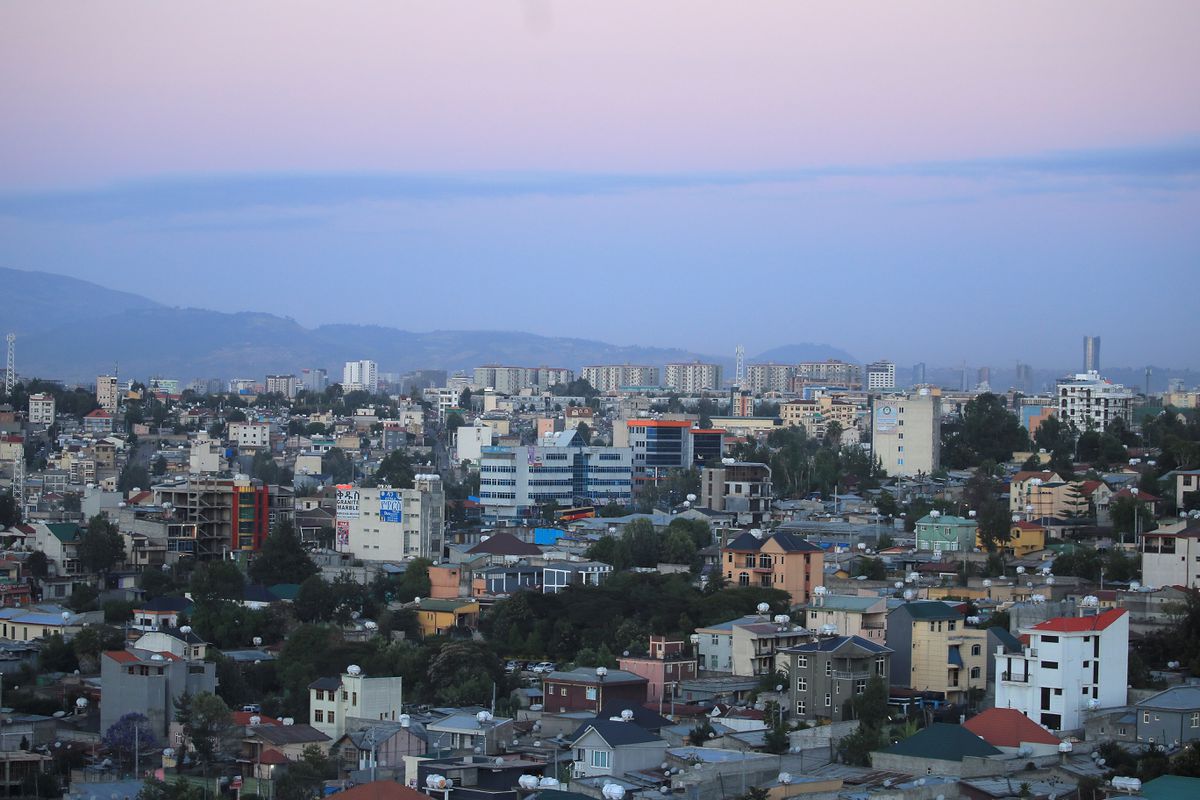U.N. Security Council calls for end to Ethiopia conflict

By ![]()
UNITED NATIONS, Nov 5 (Reuters) – The U.N. Security Council on Friday called for an end to the fighting in Ethiopia and for talks on a lasting ceasefire as the 15-member body expressed deep concern in a rare statement about the expansion and intensification of military clashes.
The council also “called for refraining from inflammatory hate speech and incitement to violence and divisiveness.”
Russia and China have long made clear they believe the year-long conflict, which started in the northern region of Tigray, is an internal affair for Ethiopia. Both countries are council veto-powers – along with the United States, Britain and France – so any strong council action, like sanctions, is unlikely.
A planned Security Council meeting on Ethiopia on Friday was postponed until Monday, said Mexico’s U.N. Ambassador Juan Ramón de la Fuente Ramírez, council president for November.
“Today the Security Council breaks six months of silence and speaks again with one united voice on the deeply concerning situation in Ethiopia,” Ireland’s U.N. Ambassador Geraldine Byrne Nason said in a statement.
“For the first time, the council clearly calls for a cessation of hostilities. We believe this should happen immediately, and that all civilians must be protected,” she said.
The United Nations has said that up to 7 million people in the Ethiopian regions of Tigray, Amhara and Afar need help, including 5 million in Tigray where some 400,000 people are estimated to be living in famine-like conditions.
The Security Council “called for the respect of international humanitarian law, for safe and unhindered humanitarian access, the re-establishment of public services, and further urged the scaling up of humanitarian assistance.”